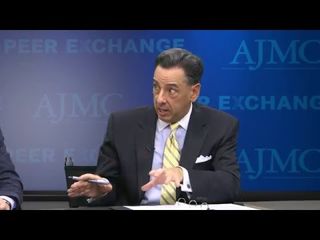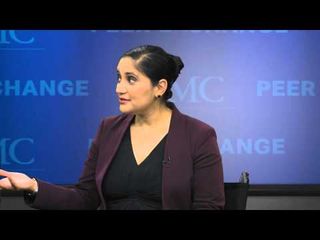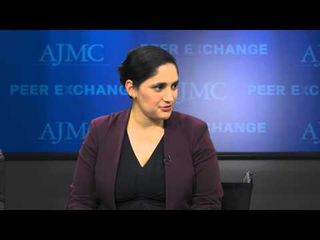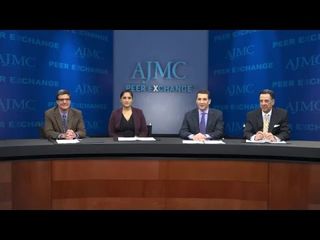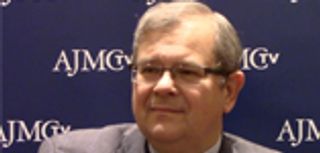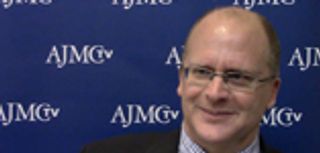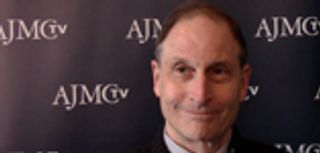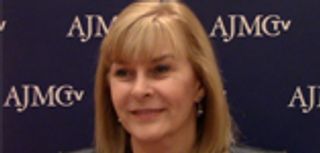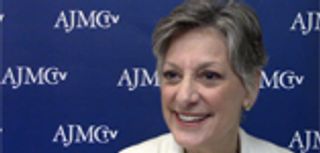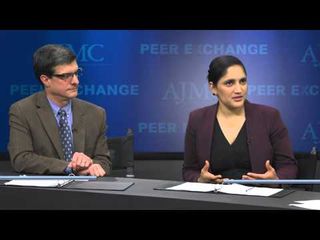
Insurance
Latest News

Latest Videos

More News


With formal integration initiatives, such as accountable care organizations, having modest effects, researchers analyzed the impact of informal clinical integration on cardiac surgery payments and found that patients who were treated in health systems with higher informal integration had greater savings.

A liberal think tank released a universal healthcare plan modeled on Medicare that would also preserve employer-based insurance coverage as an option for those who are satisfied with their current plans. The Center for American Progress (CAP) is calling its program “Medicare Extra for All” and said it would be available to everyone regardless of income, health status, age, or insurance status.

CAR T- cell therapies are among the most expensive ever invented. For now, there’s a lot of uncertainty, as both government and commercial insurers, and a handful of the nation’s leading cancer centers, navigate a reimbursement structure that truly has no precedent.

Driven by an aging US population and other economic and demographic factors, national health spending is projected to climb to 19.7% of the economy over the next 8 years, up from 17.9% in 2016, according to new estimates released Wednesday from CMS and published online in Health Affairs.

The Department of Justice is moving forward with a $1 billion lawsuit against UnitedHealth Group over Medicare claims; Oregon's legislature is considering adding healthcare as a right to the state's constitution; another trial for an Alzheimer disease drug is stopped.

From 2013 to 2016, Medicare Shared Savings Program accountable care organizations (ACOs) improved quality. Continued infrastructure development funding, better relationships with postacute care facilities, and shared learnings among diverse ACOs would maximize quality improvement.

The proposed budget released Monday would have winners and losers in Medicare; President Donald Trump's budget, a messaging statement, contains healthcare cuts; veterans in California risk eviction from veterans homes if they intend to use an aid-in-dying law.
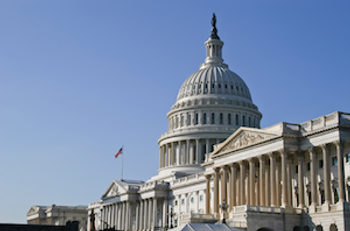
Born as part of the Affordable Care Act (ACA) in 2010, the controversial Independent Payment Advisory Board (IPAB) was eliminated last week as part of the Bipartisan Budget Act of 2018 without ever having been implemented. The IPAB sought to reign in Medicare spending if targets went over certain levels, but it had almost universal opposition from the healthcare and medical communities.

From 2013 to 2016, successful Medicare Shared Savings Program accountable care organizations reduced spending by shifting expenditures from the inpatient and postacute care setting to the physician office setting.

According to the Medicare Payment Advisory Commission (MedPAC), hospital readmission rates have fallen following implementation of the Hospital Readmissions Reduction Program (HRRP), and HRRP did not have a negative impact on mortality rates.

After a brief shutdown in the dead of night, the Senate passed a spending bill, which was the result of a deal reached by Republicans and Democrats to fund military and domestic programs for 2 years. The House passed the bill shortly after.

The House's stopgap spending bill includes Medicare extenders; 40 patient advocacy groups oppose the right-to-try legislation that President Donald Trump is supporting; new research finds fetal alcohol syndrome and alcohol-related disorders may be more common than previously thought.

Despite an official policy since early 2017 that calls for Medicare to cover CGM for certain beneficiaries with diabetes, an attorney who won a landmark case prior to the policy change reports that beneficiaries are still being denied coverage.

Replacing the Merit-based Incentive Payment System (MIPS) with a voluntary program should encourage providers to move quicker into more risk-based payment models, according to Travis Broome, vice president for policy at Aledade.

Four telehealth bills could be signed into law over the next year by Congress; President Donald Trump mentioned "right-to-try" legislation in a favorable light in his State of the Union speech; the House Energy and Commerce Committee will hold legislation hearings on the opioid crisis February 26.

As a result of the Medicare Outpatient Prospective Payment System rule that took effect on January 1, 85% of 340B hospitals will see net payment increases in 2018. Rural hospitals will reap the largest benefits, according to an analysis conducted by Avalere and commissioned by Community Oncology Alliance.

Although it’s difficult to generalize the impact of social determinants of health, addressing them is fundamental to improving overall healthcare quality for member populations.

Officials at Omada Health said the PREDICTS trial was planned long before CMS decided not to include virtual providers in this spring's launch of the Medicare Diabetes Prevention Program. But a spokesperson said the company hopes the growing body of evidence in support of virtual programs will "assuage any concerns."

For many people on traditional Medicare plans, healthcare costs are a rising burden and are expected to consume a larger share of total income by 2030, according to an analysis from the Kaiser Family Foundation.

Every week, The American Journal of Managed Care® recaps the top managed care news of the week, and you can now listen to it on our podcast, Managed Care Cast.

Medicare's refusal to expand physician education funding will exacerbate the staffing shortage that is growing as baby boomers retire.
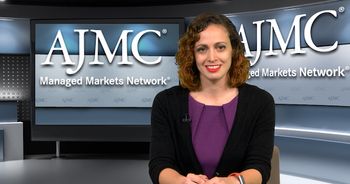
This week, the top managed care news included Senate confirming Alex Azar as the new HHS Secretary; a report found that healthcare prices rose in 2016; the accountable care organization movement continued to expand.

High cost sharing is associated with reduced and/or delayed access to targeted therapies under Medicare Part D for patients with metastatic renal cell carcinoma, suggesting that financial barriers play a significant role in treatment decisions, according to a study published in Cancer Medicine.

Patients dually enrolled in Medicare and Medicaid have higher levels of Medicare spending compared to other beneficiaries, and it can impact hospitals' performance on a Medicare cost measure, according to a study published in Health Affairs.


